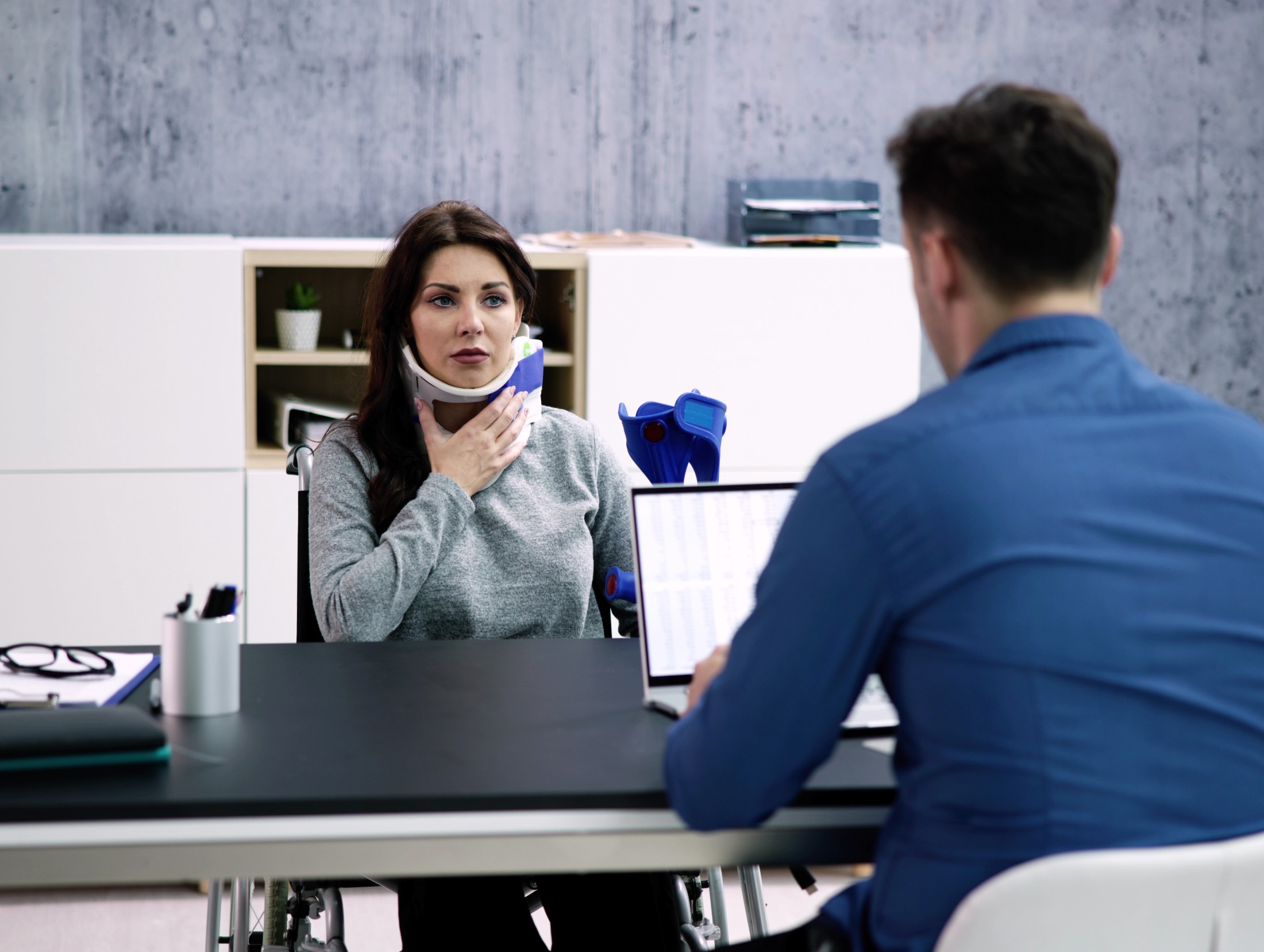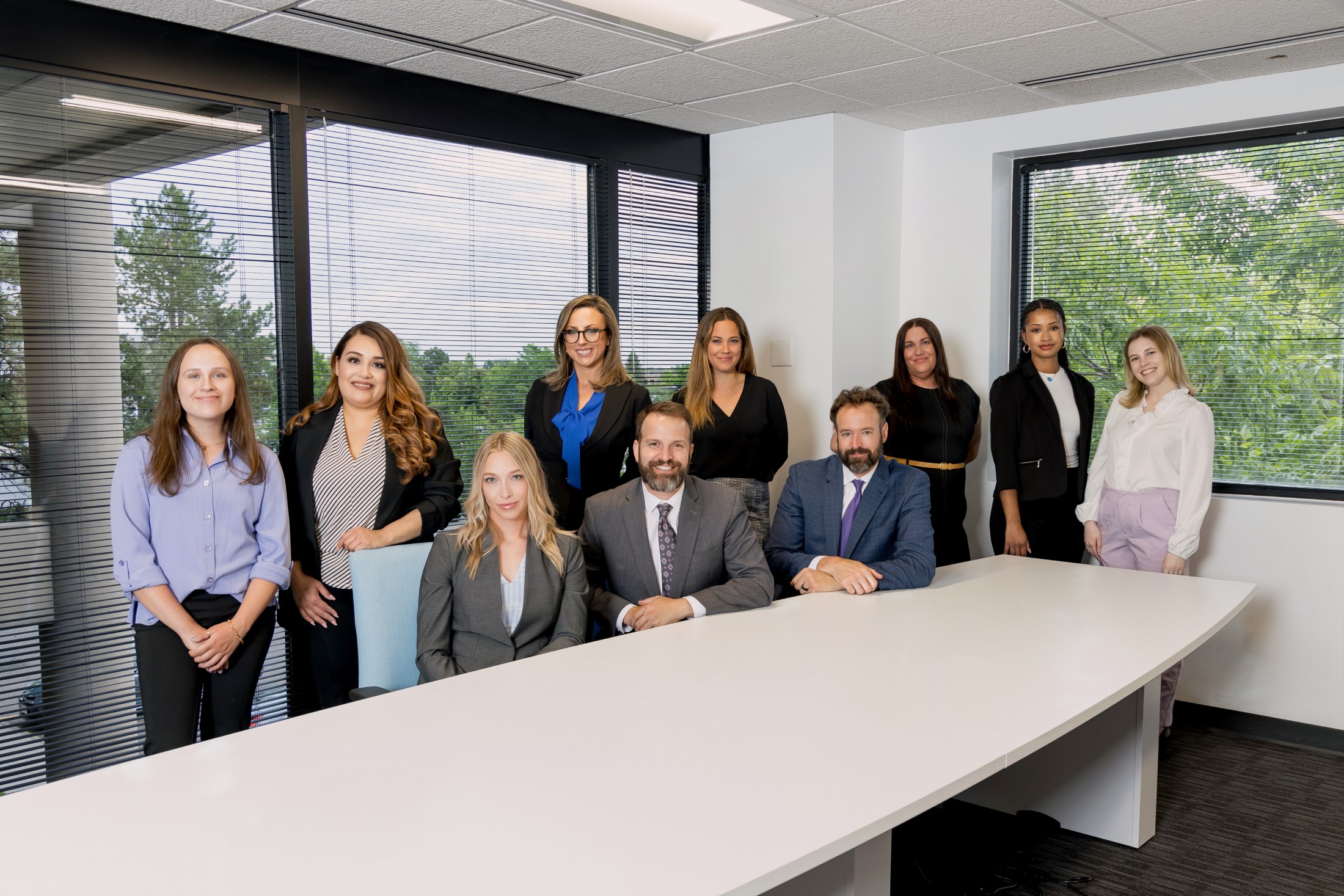Appealing An Injury Case

Determining eligibility for appealing a personal injury verdict
Before attempting to challenge a verdict in court, understanding eligibility is crucial. It prevents wasted time, resources, and disappointment, ensuring a strategic and informed legal approach. Failing to assess eligibility risks immediate case dismissal. Being aware of eligibility criteria enhances the chances of a successful appeal.
Appeals focus on legal issues, not dissatisfaction with the ruling. To successfully appeal a personal injury case, one must be able to demonstrate an error of law during the trial. Some factors that affect eligibility for appeal include:
- You must be a directly involved party in the personal injury case
- Legal standing is essential for those seeking to appeal a personal injury verdict
- Substantial errors in trial proceedings can impact eligibility to appeal
- Timeliness is crucial; there are specific deadlines to appeal personal injury cases
The personal injury appeal process
Experiencing a court’s unfavorable outcome in your personal injury case can be stressful. To appeal the verdict, you must file a notice, present oral arguments, and ensure a thorough review and analysis of evidence. Following this process can give you a second chance at receiving justice for your injury.
File a notice of appeal
By 30 days of the court’s initial judgment, the plaintiff or defendant’s attorney files a notice of appeal. A notice designates the plaintiff as the “appellant” and the defendant as the “appellee.” Following the appeal submission, the appellant must get a transcript of the court proceedings and then submit a brief to the court / relevant parties.
Present oral arguments
Following the notice of appeal, the appellant may engage in oral arguments. The appealing party explains in the oral argument why it disagrees with the court’s earlier decision and what it hopes to achieve. After oral arguments, you can officially submit the appeal to the court for examination.
Analyze evidence
The court looks over the trial records, evaluates any legal mistakes, and determines whether to overturn the first ruling or send it back to a lower court for more action. This process involves thoroughly examining the entire case to determine if there are grounds for the appeal. At times an oral argument is not necessary to reach a judgment.
Grounds for appealing a personal injury case
Understanding grounds for appeal in personal injury cases is vital to appealing the verdict. Grounds usually consist of errors in law, evidentiary issues, or procedural irregularities that impact the appeal in personal injury cases. Failing to recognize valid grounds may hinder the success of an appeal.
Errors in law or legal procedures
Identifying errors in legal procedures, like law misapplications or procedural mistakes, provides a solid basis for appealing personal injury cases. Errors are instances where the court may have misinterpreted relevant statutes or failed to follow legal procedures during the trial. Appellants can argue that recognizing these errors led to a different outcome.
Mistakes in evidence
Errors in evidence analysis can significantly impact a personal injury case. If crucial evidence was overlooked or factual errors occurred during the trial, it weakens the verdict’s reliability. Recognizing and highlighting these mistakes become critical grounds for appeal, emphasizing that a fair assessment of the evidence could lead to a different outcome.
Misconduct
Instances of misconduct or bias by judges, juries, or attorneys during the trial can compromise the fairness of the proceedings. Instances include situations where a judge or jury displayed partiality or an attorney engaged in unethical behavior, undermining the integrity of the trial. Recognizing and proving misconduct can help to appeal the verdict in personal injury cases.
What happens after an appeal?
Reversal or modifications of the original judgement:
A successful personal injury appeal can lead to reversing or modifying the original judgment. This outcome implies that the court recognized legal or procedural errors in the initial trial that caused the unfavorable verdict.
The court may reverse the judgment entirely or modify aspects, potentially leading to a more equitable resolution for the appellant. This judgment emphasizes the importance of a well-presented appeal in resolving errors and attaining justice in personal injury incidents.
New trial or further proceedings:
A successful personal injury appeal may also grant a new trial or further proceedings. This outcome acknowledges that there were substantial issues with the initial trial that warrant a fresh examination.
Appellants gain the opportunity to present their case more effectively, introduce overlooked evidence, or address procedural errors. A new trial or additional proceedings reflect the court’s need for a fair and thorough reconsideration of the personal injury case. It provides a second chance for a more favorable outcome.

Seek legal assistance for a personal injury appeal
Appealing a case can be daunting and stressful as individuals deal with the complexity of legal proceedings. Seeking legal help is paramount in navigating this challenging terrain and ensuring you appeal the verdict successfully. The right lawyer can help grant justice in your appeal while protecting your rights and interests.
Legal Help in Colorado offers a beacon of support with skilled personal injury lawyers. Our legal team prioritizes your concerns, putting your needs at the forefront of the legal process.
Knowledgeable. Compassionate. Dedicated.
We are your personal injury team.
Available 24/7 to take your call: (720) 743-3682